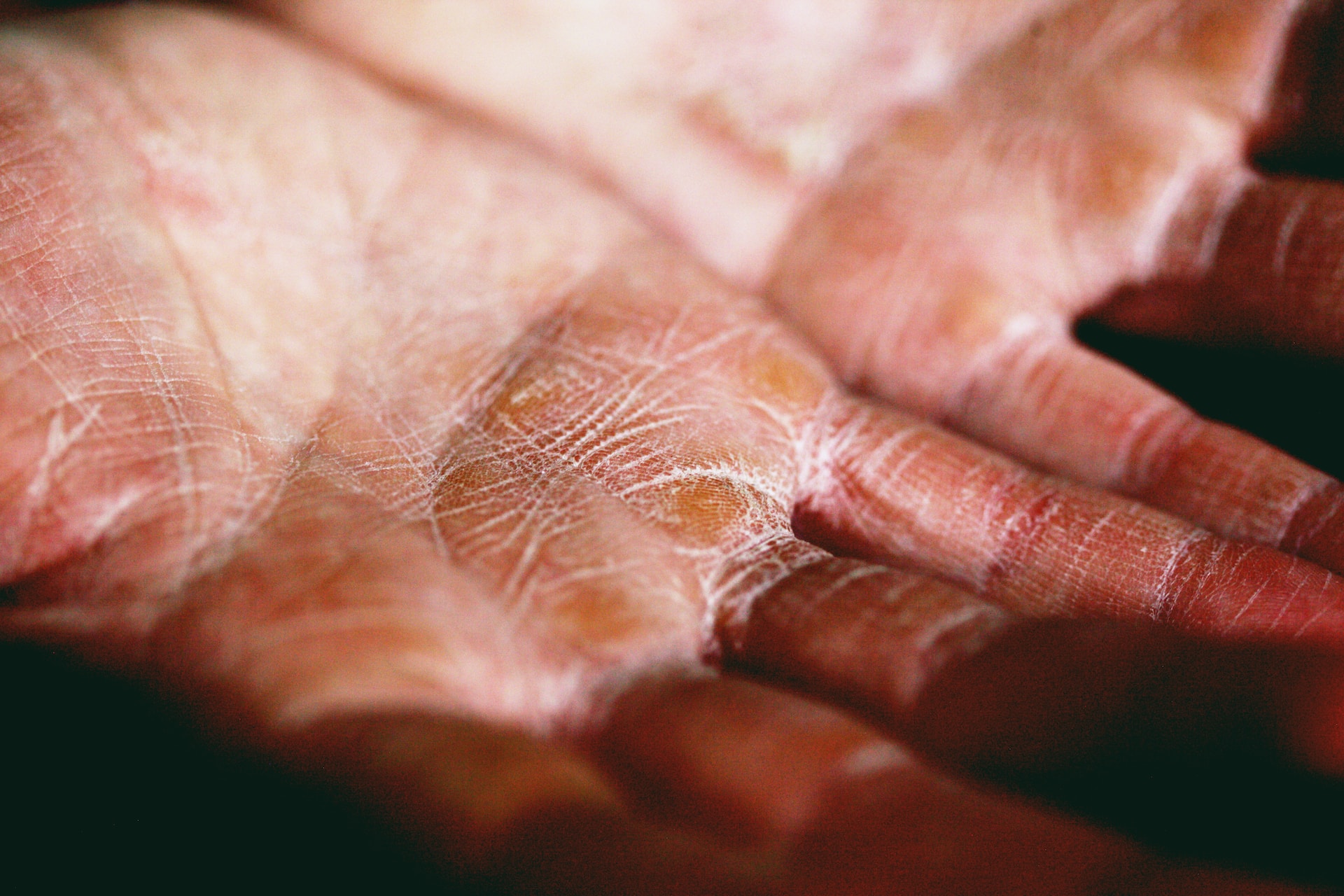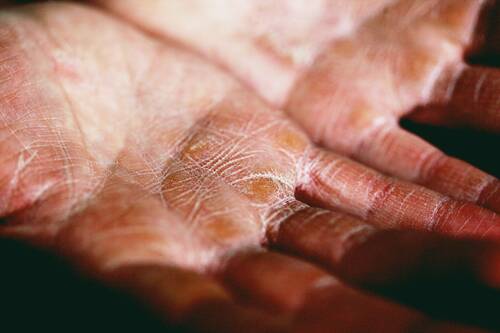Dehydration: Causes and Prevention
Dehydration occurs when your body loses more fluids than it takes in, leading to an imbalance in the body's electrolytes. In this article, we'll explore the causes of dehydration and share essential tips for its prevention.

1. Insufficient Fluid Intake
One of the primary causes of dehydration is simply not drinking enough fluids. Your body continually loses fluids through activities like sweating, urination, and breathing. Failing to replenish these losses with adequate water intake can quickly lead to dehydration.
2. Excessive Sweating
Intense physical activity, hot weather, or fever can all result in excessive sweating, which can deplete your body's fluid levels rapidly. If you're sweating heavily, it's essential to drink extra fluids to compensate.
3. Diarrhea and Vomiting
Gastrointestinal illnesses that cause diarrhea or vomiting can lead to significant fluid loss. These conditions can quickly result in dehydration, particularly in young children and older adults.
4. Medications
Certain medications, such as diuretics and laxatives, can increase urine production and contribute to fluid loss. It's crucial to follow your healthcare provider's recommendations and stay hydrated while taking these medications.
5. Chronic Conditions
Chronic conditions like diabetes and kidney disease can affect your body's ability to regulate fluid balance, increasing the risk of dehydration. Managing these conditions effectively is essential for preventing dehydration.
6. Prevention Tips
Now, let's discuss how to prevent dehydration: The most effective way to prevent dehydration is to drink enough fluids throughout the day. Aim for at least eight cups of water daily, adjusting based on your activity level and climate.
7. Monitor Your Fluid Loss
Pay attention to situations where you might lose more fluids, such as during exercise or when you're sick, and increase your fluid intake accordingly. Fruits and vegetables with high water content, such as watermelon, cucumber, and oranges, can contribute to your overall hydration.
8. Limit Dehydrating Substances
Avoid excessive caffeine and alcohol consumption, as they can have a diuretic effect and contribute to fluid loss. Pay attention to your body's signals for thirst. If you're thirsty, it's time to drink fluids. And if you've experienced diarrhea or vomiting due to illness, focus on rehydrating with oral rehydration solutions or clear fluids.
Summary: Prioritize Hydration
Dehydration can have severe consequences, so it's crucial to prioritize staying well-hydrated. Be mindful of the causes of dehydration and take proactive steps to prevent it. By drinking enough fluids, monitoring your water loss, and making smart choices in your daily routine, you can maintain proper hydration and support your overall health.







